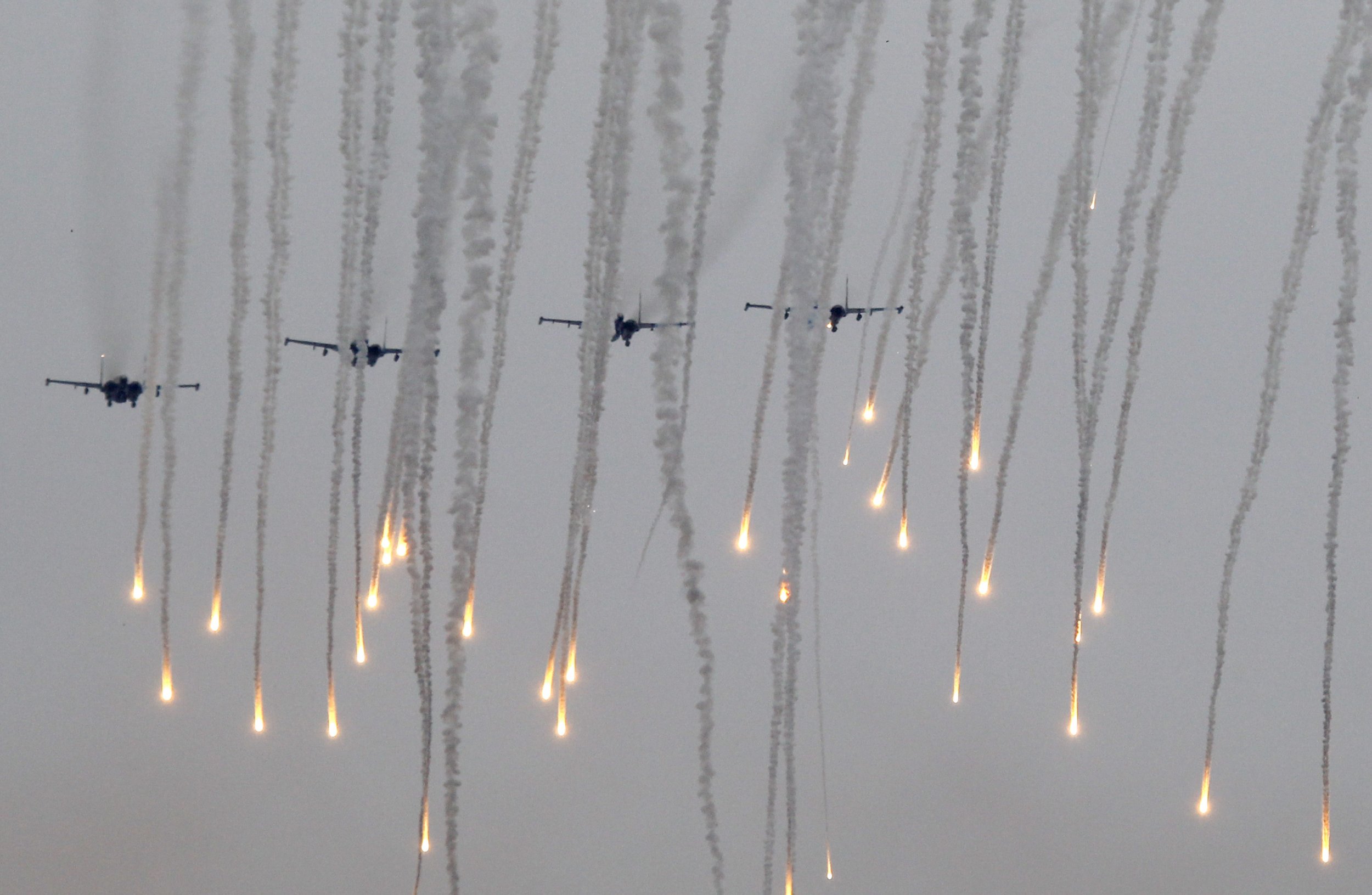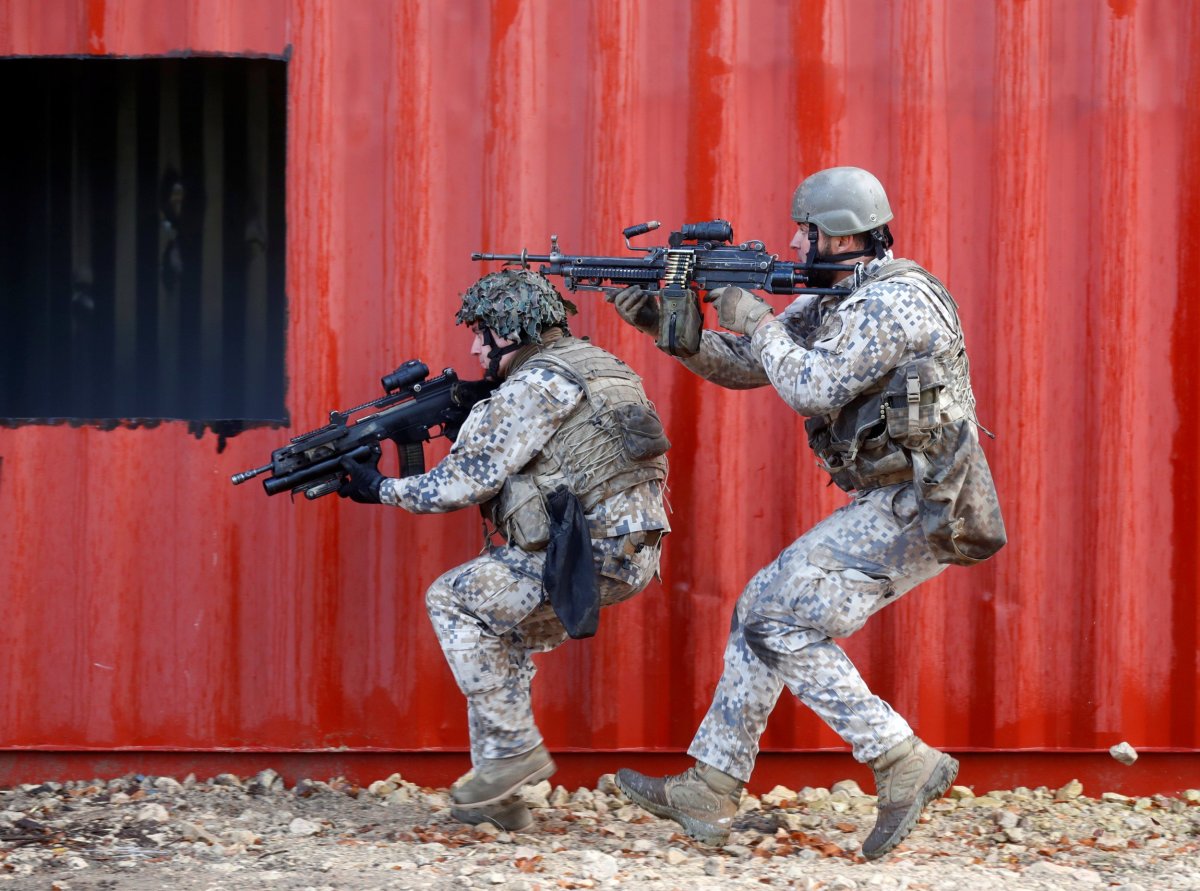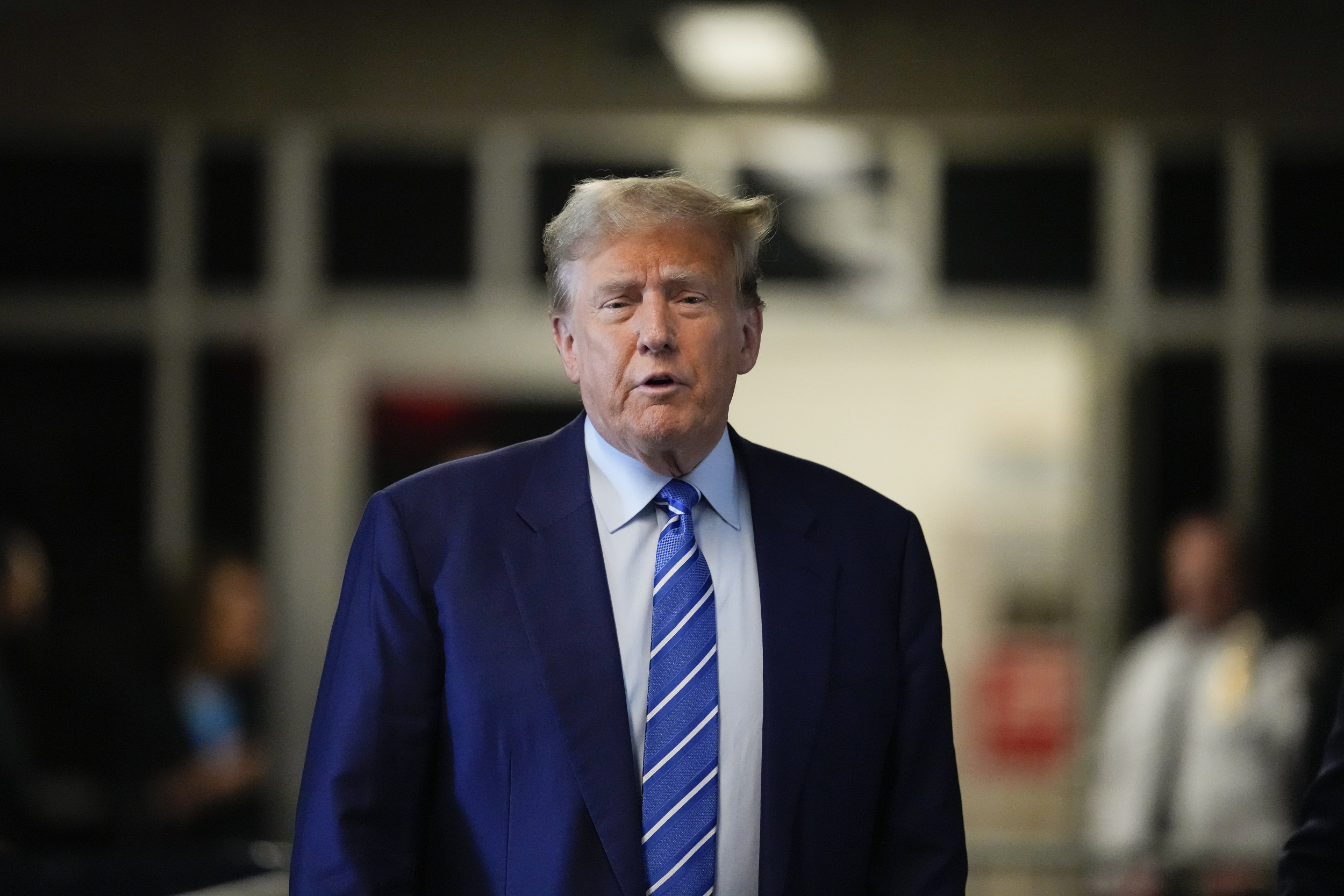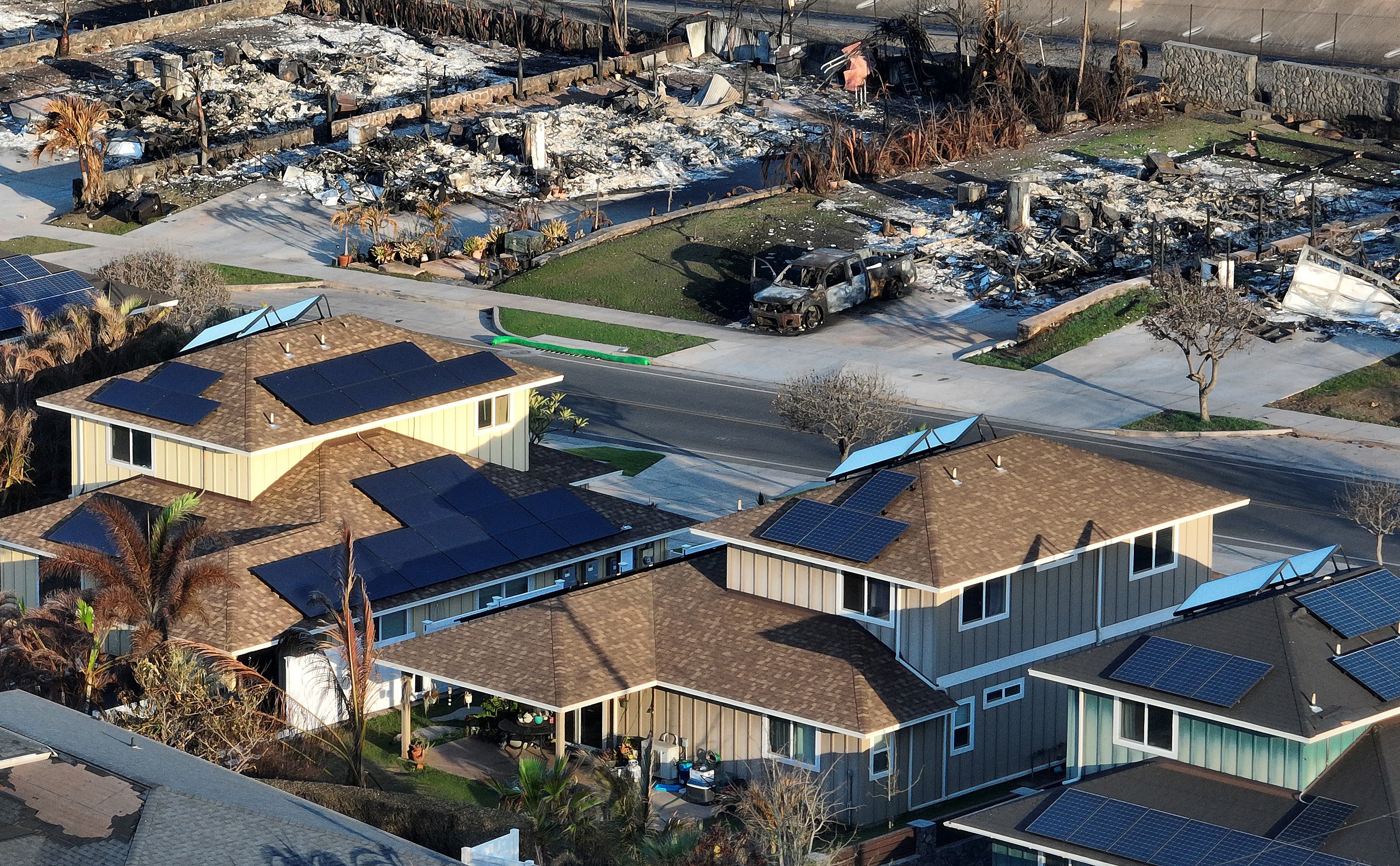
Russia is becoming more "unpredictable and more aggressive" but to avoid war Western European allies must show force while continuing to neutralize the threat by other means, the NATO Secretary General Jens Stoltenberg said. The concern is that Russia will continue to build up its nuclear weapons and invest in its military capabilities, he added.
Stoltenberg, who leads the military alliance between the U.S. and Western Europe, pointed to mounting evidence that Russia may have been involved in a nerve agent attack against former Russian spy, Sergei V. Skripal, and his daughter, Yulia Skripal. They were found March 4 unconscious on a public bench in the southwestern town Salisbury in England. British Prime Minister Theresa May has said novichok was used in the attack. The nerve agent was developed by Soviet scientists to use against NATO troops.
Stoltenberg also pointed to Russia's 2014 annexation of Crimea, ongoing military presence in Moldova and Georgia and its active role in the war in Syria. Russia has denied playing a role in the Salisbury killings and has accused NATO of challenging peaceful relations in Europe.
"We can always do more and must reflect on that now. Salisbury follows, by all appearances, a pattern we've observed for some years – Russia is becoming more unpredictable and more aggressive," he said in an interview in the German newspaper Welt am Sonntag published on Sunday.
"Russia must not miscalculate," Stoltenberg added, according to the Guardian. "We are always ready to respond when an ally is attacked militarily. We want credible deterrence. We don't want any war. Our goal is de-escalation."
The British government has announced it was expelling 23 Russian intelligence officers working in London because of the Salisbury incident, while Russian President Vladimir V. Putin said Saturday Moscow would, in turn, expel 23 British agents.
A Russia diplomat said Saturday that Russia no longer produced nerve agents after the Soviet Union collapsed. "There has never been any program under the group name novichok in the Russian Federation," said Alexander Shulgin, Russia's ambassador to the Netherlands and representative to the Organization for the Prohibition of Chemical Weapons. "Back to 1992, Russia stopped all the activities in the area of military chemistry. Last year, we completed the destruction of all chemical arsenals and the completion of this program was duly certified by the O.P.C.W."
He added: "I've never heard about this program, about this nerve agent. That is very bellicose rhetoric."

Uncommon Knowledge
Newsweek is committed to challenging conventional wisdom and finding connections in the search for common ground.
Newsweek is committed to challenging conventional wisdom and finding connections in the search for common ground.
About the writer
Cristina Silva has written for the Associated Press, the Tampa Bay Times, the Boston Globe, the Miami Herald, Salon, International Business ... Read more
To read how Newsweek uses AI as a newsroom tool, Click here.








